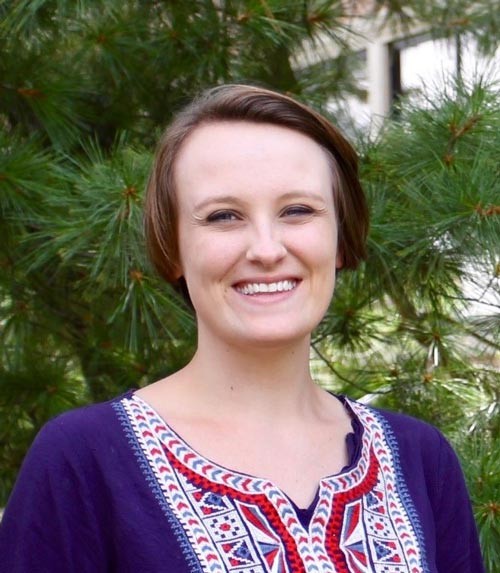by Lili Gloe, MA
Michigan State University
Virtual psychology internship interviews have become the norm during COVID-19. In 2021, 98% of internship programs conducted their interviews exclusively virtually and many continued to do so in 2022. And it seems likely that, in some capacity, virtual internship interviews are here to stay (see APPIC 2021 Survey results). I was an internship applicant last cycle and had an entirely virtual interview experience. As I was preparing for internship interviews, I found lots of great advice for internship interviews (e.g., Chen, 2020; Williams-Nickelson et al., 2019). However, I found little advice tailored for the virtual interview experience. Therefore, I want to pass along some insights I had while navigating virtual interviews.
Internship applicants are often focused on scheduling internship interviews so that you can attend as many as possible. Like others (e.g., Williams-Nickelson et al., 2019), I strongly recommend noting potential interview dates for sites you apply to on a calendar or spreadsheet so you can easily identify the optimal date to interview if an interview offer is extended. When scheduling virtual interviews, there are a few unique considerations to make. One positive of virtual interviews is that there is no need to schedule travel arrangements. Notably, this can make it very tempting to schedule multiple interviews back-to-back since you do not need to allow for travel time. Because of the often long, stressful, and exhausting nature of interviews, I would suggest avoiding scheduling interviews back-to-back if at all possible, allowing for at least a day or two between your interviews. This is not always feasible depending on how many interviews you are offered and when potential days for interviews fall.
Similarly, without the natural buffer from day-to-day program activities that was previously provided by traveling, I noticed that some applicants felt pressure to attend meetings or even see clients on interview days. Again, interviews were exhausting and you will likely need downtime afterwards to collect your thoughts and rest. I strongly recommended rescheduling any meetings or clients to days outside of the interview day itself. I also think clinical science program faculty should be mindful of the lack of travel buffer and encourage students to take time to focus on the interview process, especially on interview days.
Internships sites use a wide variety of platforms to host virtual interviews, including Zoom, Teams, and Webex. I would recommend checking if you need to install anything ahead of time for each platform and trying to join the interview link at least 20 minutes early to allow for time for troubleshooting. If you have to be in a location with unstable internet and are unable to find another suitable location, consider asking the internship program if there is a dial-in option that you can use in case of poor internet. At all of the sites where I interviewed, the interviewers were very understanding of technical difficulties and had back-up plans in case of technical issues. However, having a technical issue on interview day is stressful and planning ahead for such issues may allow you to be more composed and focused during your interview day.
On the interview day itself, try to be in a quiet location with minimal distractions and a professional-looking background. In my experience, interviewers seemed very understanding of applicants doing interviews from their home due to COVID-19 restrictions, so do not panic if your situation is not ideal. If possible, try to make your background as professional as possible. Some options for making your background more professional if you are at home include using a background filter (only available on some platforms for some computers), consider changing your camera angle so your background is more professional (e.g., not showing a bed or messy room), or invest in a physical screen to block personal items.
Despite these considerations, I hope virtual interviews are here to stay. Virtual interviews allowed me to be more focused and present because I did not have to worry about travel issues and got to be in a familiar environment during my interview. That being said, I hope these tips can help others feel prepared and put their best foot forward for virtual interviews.
___________________________________________________
References
Chen, G. (2020, November 3). Interview Preparation Tips. Interview Preparation Tips. https://drgracechen.com/2020/11/03/interview-preparation-tips/
Williams-Nickelson, C., Prinstein, M. J., & Keilin, G. (2019). Internships in psychology: The APAGS workbook for writing successful applications and finding the right match (4th ed., pp. xii, 142). American Psychological Association.
Disclaimer: The views and opinions expressed in this newsletter are those of the authors alone and do not necessarily reflect the official policy or position of the Psychological Clinical Science Accreditation System (PCSAS).


